Resistance To EV Mandates Grows Among Car Dealers

Table of Contents
Financial Concerns Fueling Dealer Opposition to EV Mandates
The transition to an EV-centric market presents substantial financial hurdles for car dealerships, especially smaller independent operations. These financial concerns are a major driver of the resistance to EV mandates.
High Upfront Investment Costs for EV Infrastructure
Adapting dealerships to handle EV sales and service requires significant upfront investment. This includes:
- Charging Station Installation: The cost of installing Level 2 and DC fast chargers varies greatly depending on the number of chargers, power requirements, and installation complexity.
- Specialized Tools and Equipment: EVs require specialized tools and diagnostic equipment for repairs and maintenance, representing a considerable expense for dealerships.
- Employee Training: Technicians need specialized training to service and repair EVs, adding to training and development budgets.
These costs can be particularly burdensome for smaller dealerships with limited financial resources, potentially forcing them out of business or hindering their ability to compete with larger corporations. Reports suggest that upgrading a dealership for EV service can cost anywhere from tens of thousands to hundreds of thousands of dollars, depending on the scale of the operation.
Uncertainty Surrounding EV Consumer Demand
Another significant financial concern is the uncertainty surrounding consumer demand for EVs. While EV sales are growing, the market remains volatile. Dealerships face the risk of being saddled with unsold EV inventory, tying up capital and potentially leading to losses.
- Fluctuating Market: The EV market is susceptible to changes in government incentives, technological advancements, and fuel prices, impacting consumer purchasing decisions.
- Consumer Readiness: Many consumers remain hesitant to adopt EVs due to concerns about range anxiety, charging infrastructure availability, and higher purchase prices compared to gasoline-powered vehicles.
- Charging Infrastructure Gaps: The lack of widespread, reliable public charging infrastructure continues to be a major barrier to EV adoption for many potential buyers.
This uncertainty makes it difficult for dealerships to accurately predict demand and manage inventory effectively, adding to their financial risk.
Impact on Profitability Margins
EV sales can impact profitability margins differently compared to traditional vehicles. While some manufacturers offer incentives, these may not always offset the higher costs associated with EV sales and service.
- Lower Service Revenue: EVs generally require less frequent maintenance than gasoline-powered cars, potentially impacting service revenue streams for dealerships.
- Manufacturer Pricing Strategies: The pricing models for EVs and manufacturer incentives can influence dealership profit margins, creating uncertainty and impacting profitability.
Logistical Challenges Associated with EV Sales
Beyond the financial concerns, dealerships face significant logistical challenges in adapting to EV sales.
Limited EV Model Availability and Variety
The current range of available EV models is still relatively limited compared to gasoline-powered vehicles. This restricts dealer options and may not satisfy the diverse preferences of consumers.
- Supply Chain Constraints: Supply chain disruptions continue to affect the production and availability of EVs, further limiting dealer inventory and choices.
- Consumer Choice Limitations: A lack of diverse EV models can limit consumer choice and potentially hinder the growth of the EV market.
The Complexities of EV Servicing and Repairs
Servicing and repairing EVs presents unique challenges compared to traditional vehicles.
- Specialized Training: Mechanics need specific training to work on high-voltage systems and advanced electronics in EVs.
- Parts Sourcing: Sourcing parts for EV repairs can be more complex and time-consuming due to specialized components and supply chain complexities.
Managing the Charging Infrastructure
Dealerships need to manage the charging infrastructure at their facilities, which introduces new logistical challenges.
- Electricity Costs: The cost of electricity for charging stations can be substantial, and needs to be factored into operational expenses.
- Grid Capacity: Integrating numerous charging stations into the local power grid can present challenges related to grid capacity and infrastructure.
Government Policies and their Impact on Dealer Resistance
Government policies play a significant role in shaping the response of car dealerships to EV mandates.
Lack of Clarity and Inconsistencies in Regulations
Inconsistent and unclear regulations surrounding EV mandates create uncertainty and confusion among dealers. This lack of clarity hinders effective planning and investment in EV infrastructure.
- Need for Transparent Policies: Clear, consistent, and easily understood regulations are crucial for fostering trust and encouraging dealer participation in the transition to EVs.
Insufficient Government Support for Dealer Transition
Many dealers feel that government support for the transition to EV sales is insufficient.
- Financial Assistance Needed: Government programs offering financial assistance for infrastructure upgrades and employee training would significantly alleviate the financial burden on dealerships.
- Lack of Comprehensive Training Programs: The absence of widespread, government-funded training programs for EV service technicians hinders the ability of dealerships to adequately service electric vehicles.
Concerns about Potential Penalties and Fines for Non-Compliance
The threat of penalties and fines for not meeting EV sales targets adds to the pressure on dealerships and contributes to their resistance. A more gradual approach with supportive policies would be more effective.
Conclusion
The resistance to EV mandates among car dealers stems from a complex interplay of financial concerns, logistical challenges, and concerns about government policies. High upfront investment costs, uncertainty about consumer demand, and the complexities of EV servicing create significant hurdles for dealerships, particularly smaller ones. Inconsistent regulations, insufficient government support, and the threat of penalties further fuel this resistance. Finding solutions to address the resistance to EV mandates is crucial for a successful transition to a sustainable automotive industry. Open dialogue, collaboration between government agencies and dealerships, and the development of supportive policies that ease the transition are vital to ensure a smooth shift towards a future dominated by electric vehicles. A more balanced approach, one that addresses the valid concerns of car dealers while accelerating the adoption of EVs, is necessary to achieve the goals of a cleaner and more sustainable transportation sector.

Featured Posts
-
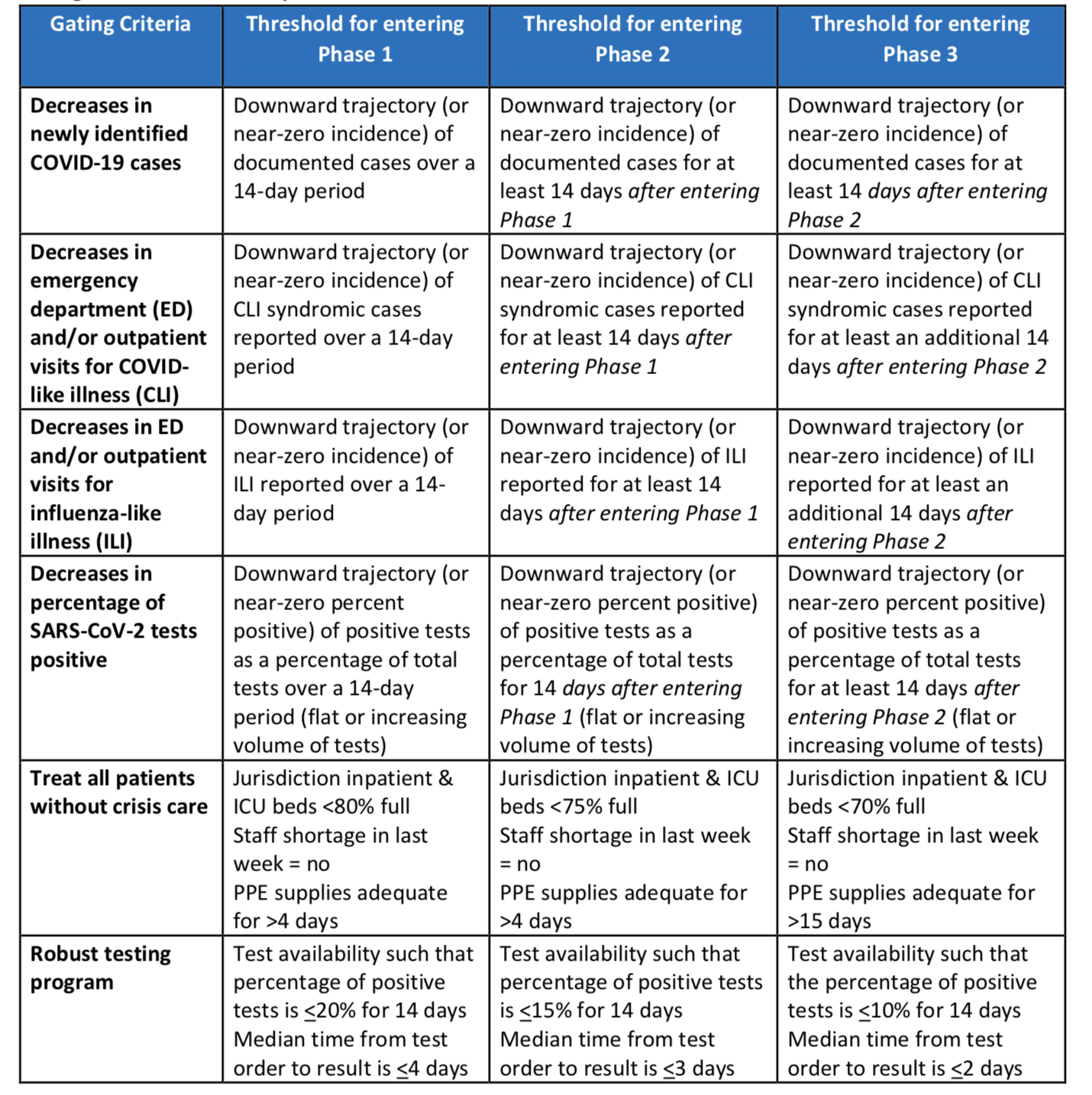 New Cdc Vaccine Study Under Scrutiny Misinformation Agent Controversy
Apr 27, 2025
New Cdc Vaccine Study Under Scrutiny Misinformation Agent Controversy
Apr 27, 2025 -
 Legal Battle E Bay Section 230 And The Sale Of Banned Chemicals
Apr 27, 2025
Legal Battle E Bay Section 230 And The Sale Of Banned Chemicals
Apr 27, 2025 -
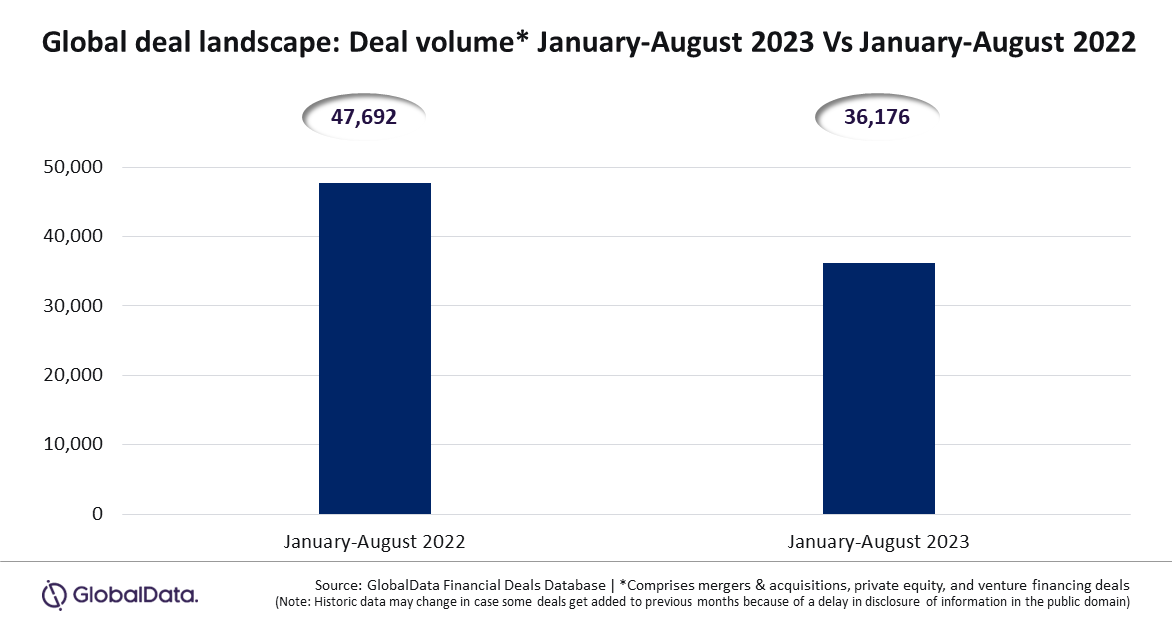 Market Volatility Forces Dow To Postpone Major Canadian Project
Apr 27, 2025
Market Volatility Forces Dow To Postpone Major Canadian Project
Apr 27, 2025 -
 Is Betting On Wildfires Like The Los Angeles Fires A Sign Of The Times
Apr 27, 2025
Is Betting On Wildfires Like The Los Angeles Fires A Sign Of The Times
Apr 27, 2025 -
 Posthaste Job Cuts The Impact Of Trumps Escalated Trade War On Canadas Auto Sector
Apr 27, 2025
Posthaste Job Cuts The Impact Of Trumps Escalated Trade War On Canadas Auto Sector
Apr 27, 2025
Latest Posts
-
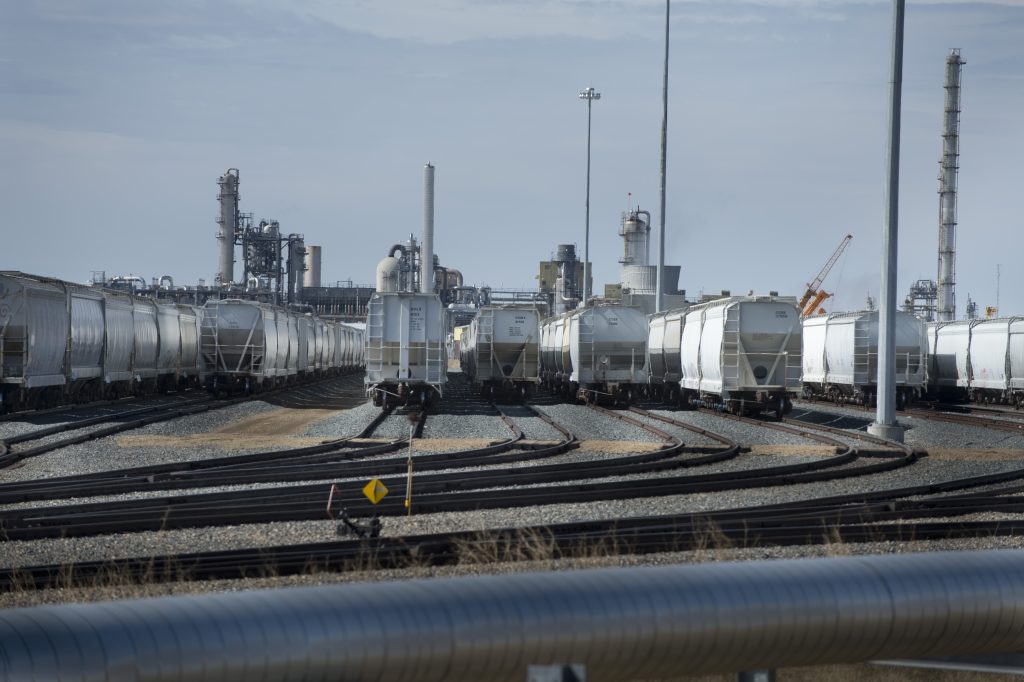 Alberta Faces Economic Fallout From Dow Project Delay Due To Tariffs
Apr 28, 2025
Alberta Faces Economic Fallout From Dow Project Delay Due To Tariffs
Apr 28, 2025 -
 Tariffs Cause 9 Billion Dow Project Delay In Alberta
Apr 28, 2025
Tariffs Cause 9 Billion Dow Project Delay In Alberta
Apr 28, 2025 -
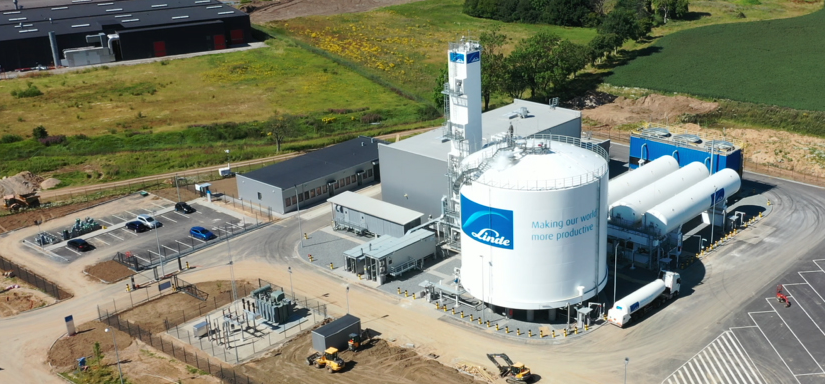 Alberta Economy Hit Dow Project Delay And Tariff Impacts
Apr 28, 2025
Alberta Economy Hit Dow Project Delay And Tariff Impacts
Apr 28, 2025 -
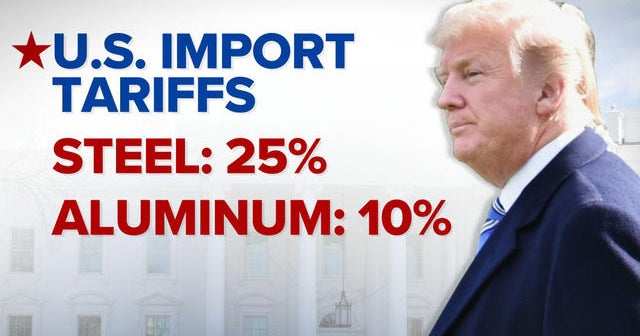 Dows 9 B Alberta Project Delayed Collateral Damage From Tariffs
Apr 28, 2025
Dows 9 B Alberta Project Delayed Collateral Damage From Tariffs
Apr 28, 2025 -
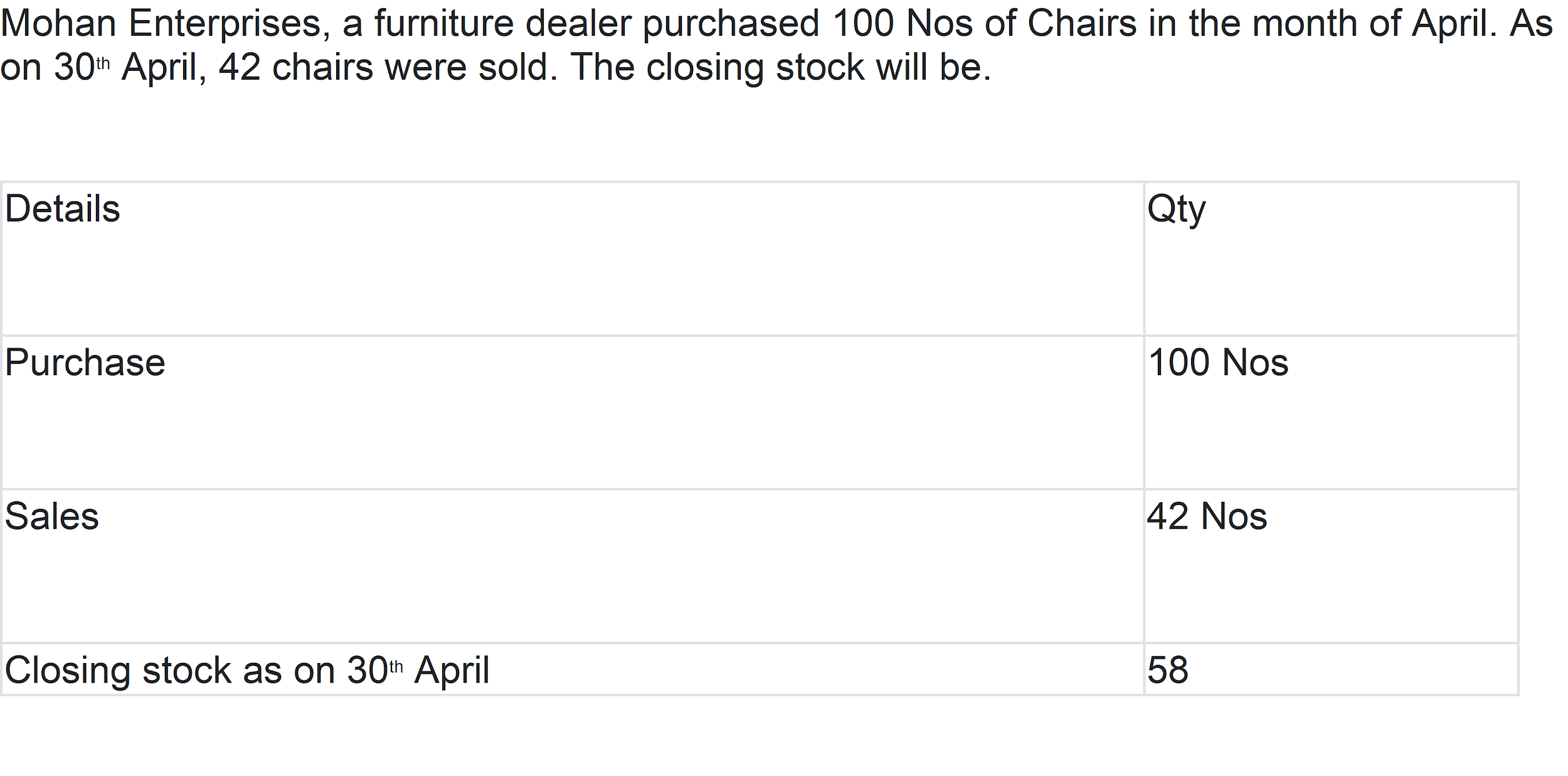 Hudsons Bays Final Days Massive Discounts On Closing Stock
Apr 28, 2025
Hudsons Bays Final Days Massive Discounts On Closing Stock
Apr 28, 2025
